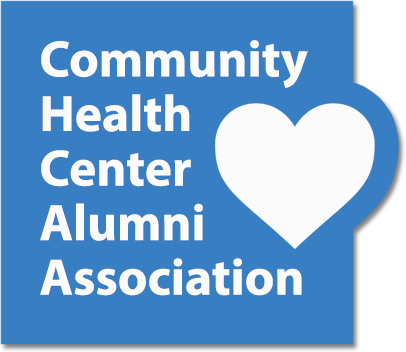H. JACK GEIGER, M.D., M.SCI.HYG., Sc.D. (hon.)DHL (hon.) is the Arthur C. Logan Professor Emeritus of Community Medicine, City University of New York Medical School. He had previously served as professor and chair at Tufts University Medical School, SUNY-Stonybrook Medical School, and Visiting Professor of Medicine, Harvard Medical School.
Most of his professional career has been devoted to the problems of health, poverty and human rights. He initiated the community health center model in the U.S., combining community-oriented primary care public health interventions, and civil rights and community empowerment and development initiatives, and was a leader in the development of the current national health center network of more than 1200 urban, rural and migrant centers currently serving some 28 million low-income and minority patients. From 1965-71 he was Director of the first urban and first rural health centers in the U.S., at Columbia Point, Boston, and Mound Bayou, Mississippi.
He is a founding member and past president of Physicians for Human Rights, which shared in the Nobel Prize for Peace in 1998;and a founding member and past president of Physicians for Social Responsibility, which shared in the Nobel Prize for Peace in 1985.In 1993, he was elected to Membership in the Institute of Medicine, National Academy of Sciences, and in 1998 he received the IOMs Gustav O. Lienhard Award for creating a model of the contemporary community health center to serve the poor and disadvantaged and for contributions to the advancement of minority health. In 1998 he was also awarded the American Public Health Associations Sedgwick Memorial Medal for Distinguished Service in Public Health.
Dr. Geiger’s work in civil rights spans more than six decades. He was a founding member of one of the first chapters of the Congress of Racial Equality (CORE) in 1943 and was Civil Liberties Chairman of the American Veterans Committee from l947-51, leading campaigns to end racial discrimination in hospital care and admission to medical schools. I 1964 he was a founding member and National Program Chairman of the Medical Committee for Human Rights (MCHR), Field Coordinator of its Mississippi program to protect and care for civil rights workers, and in 1965 an organizer of medical care for the Selma to Montgomery march in Alabama. He served as Chairman of the Health Committee of the Delta Ministry of the National Council of Churches.
He is a founding member (1986) and Past President of Physicians for Human Rights, a national organization of health professionals whose goals are to bring the skills of the medical profession to the investigation and documentation of human rights abuses, violations of medical neutrality, war crimes and crimes against humanity, and to provide medical and humanitarian aid to victims of repression. He served as expert medical consultant on the United Nations Human Rights Center’s mission to former Yugoslavia (1992), and led PHR human rights missions to Bosnia (1993), Iraq and Kurdistan (1991), the West Bank and Gaza Strip (1988, 1990, 2002. Most recently, his work has focused on racial and ethnic disparities in health care in the USA and abroad. He contributed an extensive review of the evidence to the Institute of Medicines landmark study on Unequal Treatment (2001) and served as co-principal investigator for a subsequent PHR report on The Right to Equal Treatment: An Action Plan to End Racial and Ethnic Disparities in Clinical Diagnosis and Treatment in the United States, (2003).
He is a founding member and immediate Past President of the Committee for Health in Southern Africa (CHISA) and was a member of the AAAS-Institute of Medicine Mission to South Africa on the Health Effects of Apartheid (1989). He was an organizer of the Conference on Health Care for Post-Apartheid South Africa in Maputo, Mozambique in 1990, and was Mary Weston Trust Distinguished Visiting Professor, University of Natal Faculty of Medicine, Durban, South Africa (1995), which he first attended as a visiting medical student in 1957 to study and work at the Pholela and Lamontville Health Centers. Following liberation, he has served as a consultant to South Africa’s Ministry of Health, the Health Systems Trust, the Progressive Primary Health Care Network, and the School of Public Health at the University of the Western Cape. In 1997 he was a member of the AAAS-PHR-CHISA consultative mission to South Africa’s Truth and Reconciliation Commission to examine human rights violations in the health sector under apartheid, and was one of the authors of the missions report, Human Rights and Health: The Legacy of Apartheid.”
Dr. Geiger was a founding member of Physicians for Social Responsibility in 1961 and was a co-author of the first major publications in the U.S. on the medical consequences of nuclear weapons.
He is the author or co-author of more than 200 scientific articles, book chapters and monographs on topics including community-oriented primary care, health care and poverty, community health centers, medical education, the health and environmental consequences of nuclear war and nuclear weapons production, and the role of physicians in the protection of human rights.
Dr. Geiger is the recipient of honorary Doctor of Science or Doctor of Humane Letters degrees from the State University of New York at Purchase, Case Western University, The University of North Carolina at Chapel Hill, The City College of New York, and the Stritch Loyola School of Medicine.

